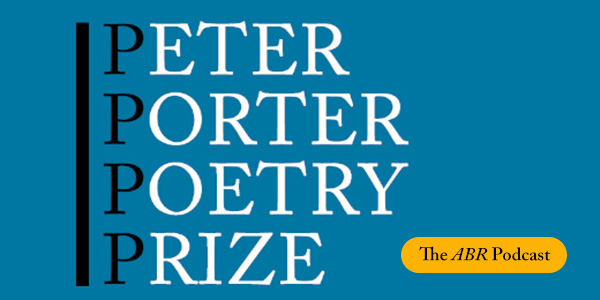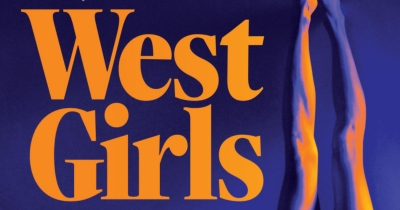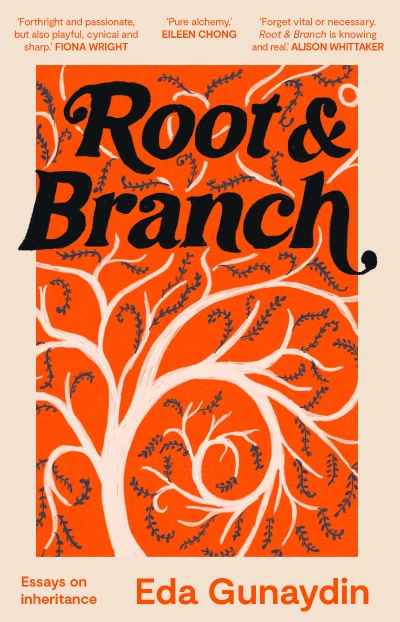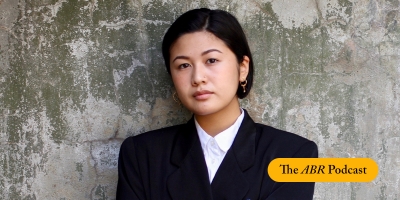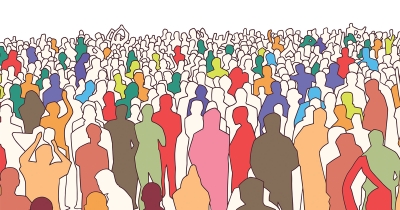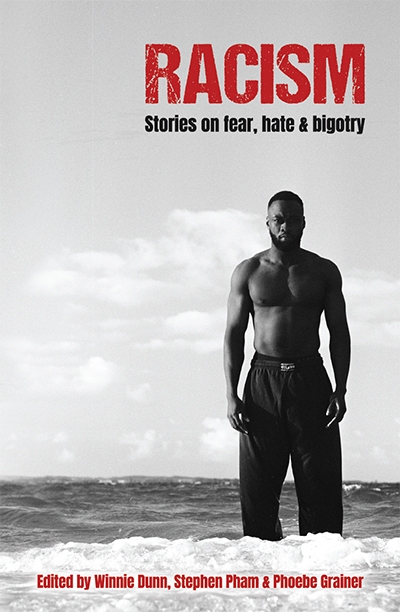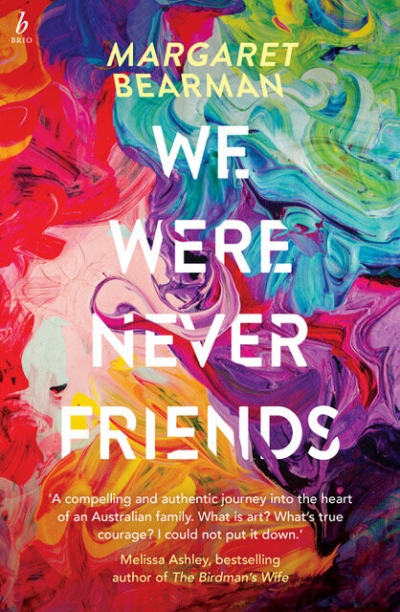Accessibility Tools
- Content scaling 100%
- Font size 100%
- Line height 100%
- Letter spacing 100%
Mindy Gill
The ABR Podcast
Released every Thursday, the ABR podcast features our finest reviews, poetry, fiction, interviews, and commentary.
Subscribe via iTunes, Stitcher, Google, or Spotify, or search for ‘The ABR Podcast’ on your favourite podcast app.
2025 Peter Porter Poetry Prize Shortlist
Read by the poets
This week on The ABR Podcast we feature the 2025 Peter Porter Prize shortlisted poems, as read by the five poets, published in the January-February issue of ABR.
Recent episodes:
Race, gender, class, sexuality – categories of identity have become central to not only our understanding of politics, but also our appreciation of art. Has the prominence of these categories, however, begun to circumscribe the achievements of writers celebrated on the basis of their identity? In this episode of The ABR Podcast, Mindy Gill reads her cover feature from the March issue. By parsing the rhetoric with which non-white writers are evaluated by reviewers, Gill shrewdly observes that in equating marginalisation with authenticity we do writers no favours. For in having their cultural background valued above all else, writers are being tacitly encouraged to eschew refinements of style and technique for a verisimilitude that often borders on caricature.
... (read more)We can learn much about a culture by listening to how it talks about its art. The way non-white writers, for want of a better phrase, tend to be reviewed in Australia tells us a lot about how we determine cultural value. Some reviewers place a premium on the author’s biography – her identity – rather than on her work itself. The reviewer avoids critical engagement with the text in favour of a kind of reverential praise of its political messaging.
... (read more)Colson Whitehead is a critically acclaimed American author of eight novels, including the Pulitzer Prize-winning The Underground Railroad (2016) and The Nickel Boys (2019). His latest work, Harlem Shuffle, set in the titular neighbourhood in the 1960s, is branded as a probing crime caper of ‘heists, shakedowns and rip-offs’. Whitehead’s previous novels are marked by nuanced commentary on race and power, yet, as Mindy Gill argues in her review, this dynamic threatens a tantalising foray into genre fiction: ‘What prevents Harlem Shuffle from being a convincing crime novel, then, is part of its broader failure: Whitehead’s reluctance to depart from rousing social messaging.’
... (read more)
